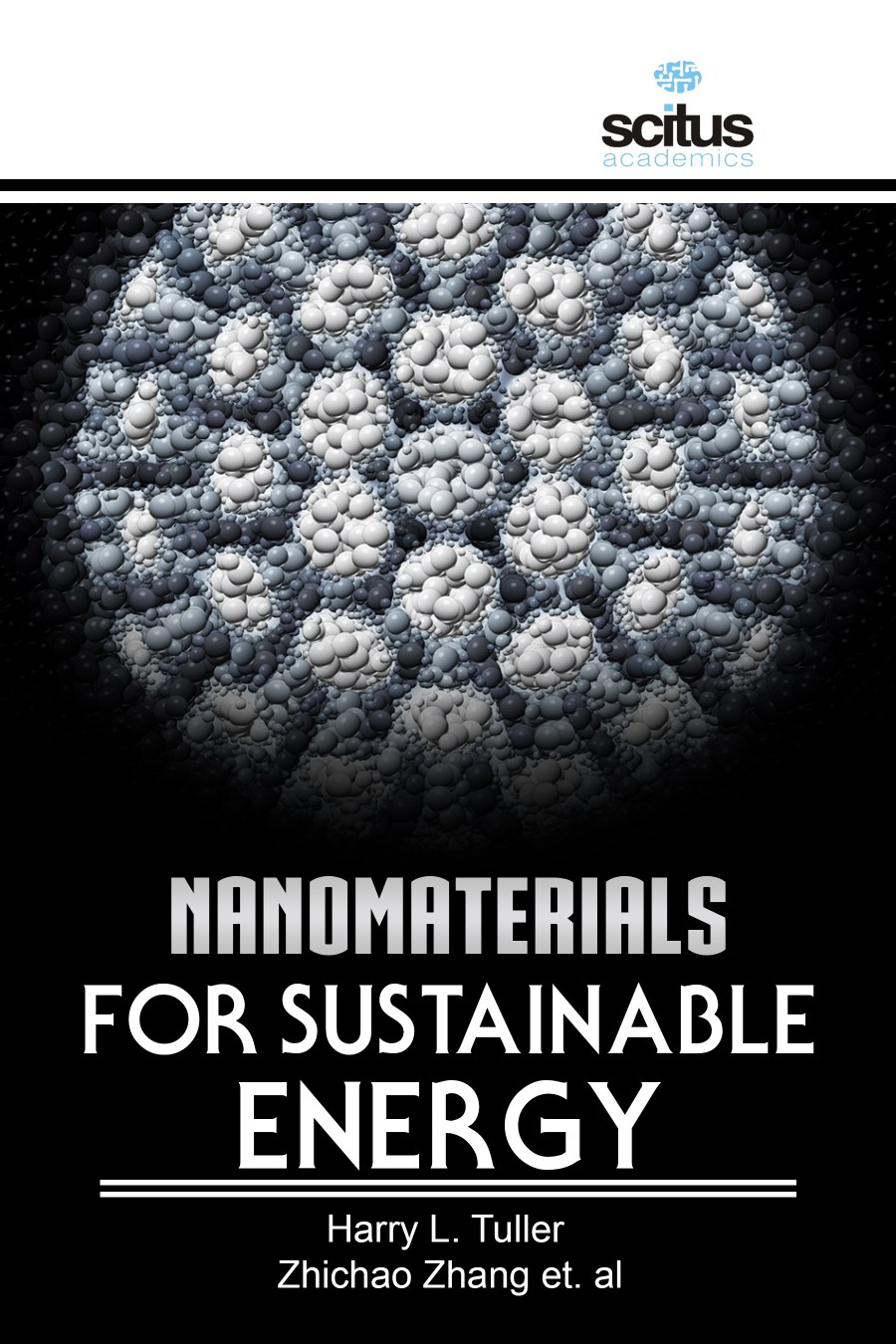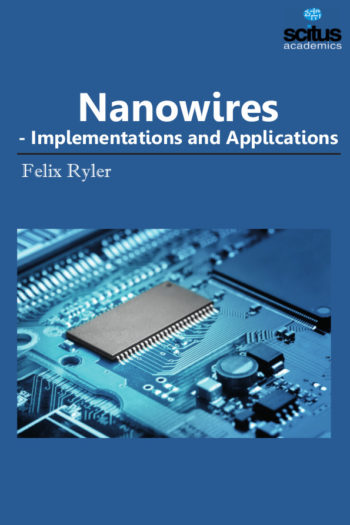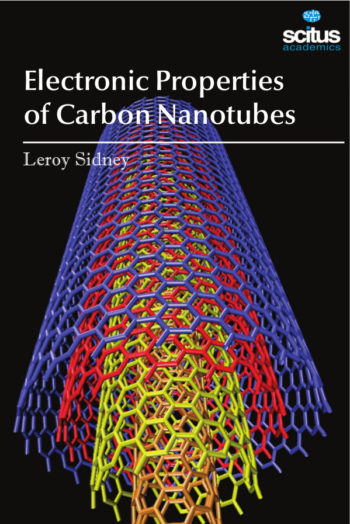The use of nanotechnology to develop a suite of sustainable energy production schemes is one of the most important scientific challenges of the 21st century. The challenge is to design, to synthesize, and to characterize new functional nanomaterials with controllable sizes, shapes, and/or structures. As we are facing growing challenges of withdrawing fossil fuel and global warming in the new century, in the past decades, mounting research efforts have been committed to search for clean and renewable energy sources as well as develop renewable energy technologies. Seeking for renewable energy with reduced carbon emissions is mandatory for the sustainable development human civilization. Nanomaterials are advanced nanotechnology materials with internal or external dimensions on the order of nanometers. These tremendously small dimensions make them unique in energy harvesting, conversion, and storage. Nanotechnology is generating a lot of attention these days and therefore building great expectations not only in the academic community but also among investors, the governments, and industry.
This book explores some of the possible implementations of nanotechnology for new and improved methods of energy conversion, considering a need for this to be done without compromising our environment. It presents recent research advances in various aspects of energy storage technologies, advanced batteries, fuel cells, solar cell, biofuels, and so on. Design and synthesis of novel materials have demonstrated great impact on the utilization of the sustainable energy, which need to solve the increasing shortage of resource and the issues of environmental pollution.
This book will appeal to students, academic researchers, and practicing engineers as well dealing with the field.













